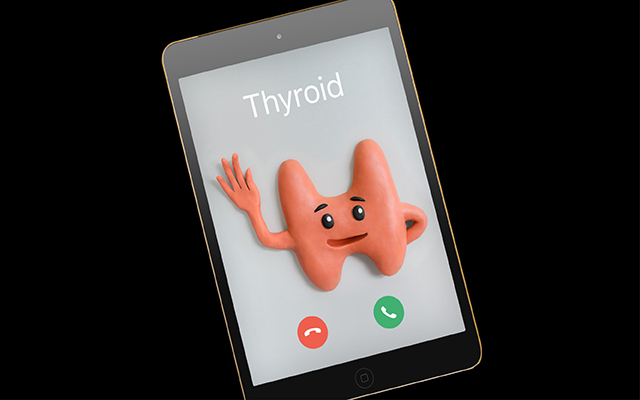While largely beneficial, glucosinolates can give rise to dietary goitrogens, which Minich describes as “agents that may potentially interfere with thyroid function in susceptible individuals.”
Some of the glucosinolates in crucifers degrade into compounds that can affect how well the thyroid is able to use iodine, which it needs to make thyroid hormones. This has led to concern that people with thyroid conditions, like Hashimoto’s, should steer clear of crucifers.
Minich doesn’t think strict avoidance is necessary if these vegetables are properly prepared. She notes that many of the studies that show a detrimental effect on thyroid health from consuming goitrogens were done in populations with a preexisting iodine deficiency.
“Consuming these foods as part of a varied, colorful, plant-based diet in the ways they were traditionally prepared, such as through cooking and fermenting, most likely will not cause a problem in healthy individuals,” she says. “That said, we always need to take a personalized approach to food.”
Purdy adds that someone would have to consume a massive amount of crucifers to induce a goiter. And both cooking and fermenting crucifers helps reduce their goitrogen content.
“If you do experience any kind of decline in thyroid function, you can cook them, and the goitrogenic compounds will be reduced,” she notes.
Maintaining adequate iodine levels in the body may also reduce the impact of these compounds on thyroid health.
This was excerpted from “Power Vegetables” which was published in the June 2021 issue of Experience Life magazine.





This Post Has 0 Comments